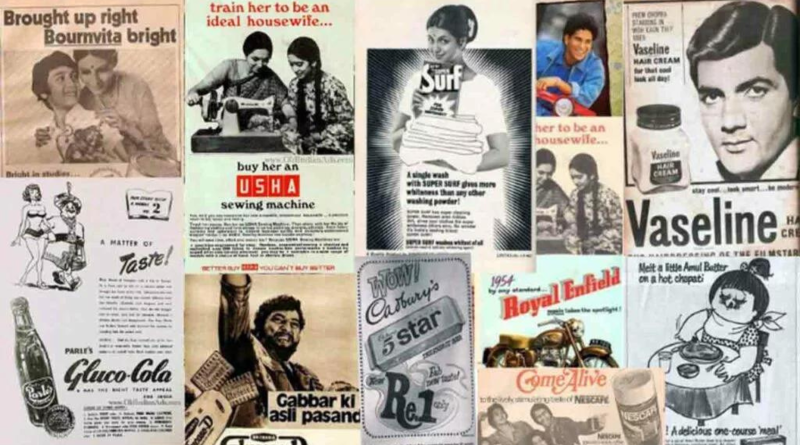A Survey shows that Indians do not trust a brand based on its commercial portraiture.
A recent survey by Local-Circles found that Indians have low trust in advertisements, with 73% of consumers surveyed showing low trust
The main reason for this is misleading Indian advertisements and false claims, with 84% of respondents saying they have seen advertisements by celebrities that they later found to be deceptive or untrue. The survey analyzed over 37,000 responses from consumers across 312 districts in India and found that consumers have low trust in advertisements across all forms of media, including print, TV, radio, and digital. Most respondents (73%) want the advertisement industry regulated by a body like the Central Consumer Protection Authority (CCPA). Misleading advertisements continue to be a problem, with many consumers reporting false claims and deceptive endorsements by celebrities. The government has taken steps to address this issue, including introducing a self-declaration form for companies before advertising any product.
However, it involves additional efforts to ensure accountability and transparency in advertising. The Ministry of Consumer Affairs is working actively on a system to tackle consumer grievances against misleading advertisements. It comes from the ongoing case against Baba Ramdev and Patanjali Ayurveda over misleading advertisements. The SC has even requested that online influencers and celebrities endorse products with a sense of responsibility. The rise of digital influencers has exacerbated the issue of misleading advertisements, many of whom need to declare their brand promotions transparently. With limited action from self-regulating bodies and the government, misleading advertisements still need to be addressed, significantly reducing consumer trust in ads.
[Image Source: GingerMediaGroup]




